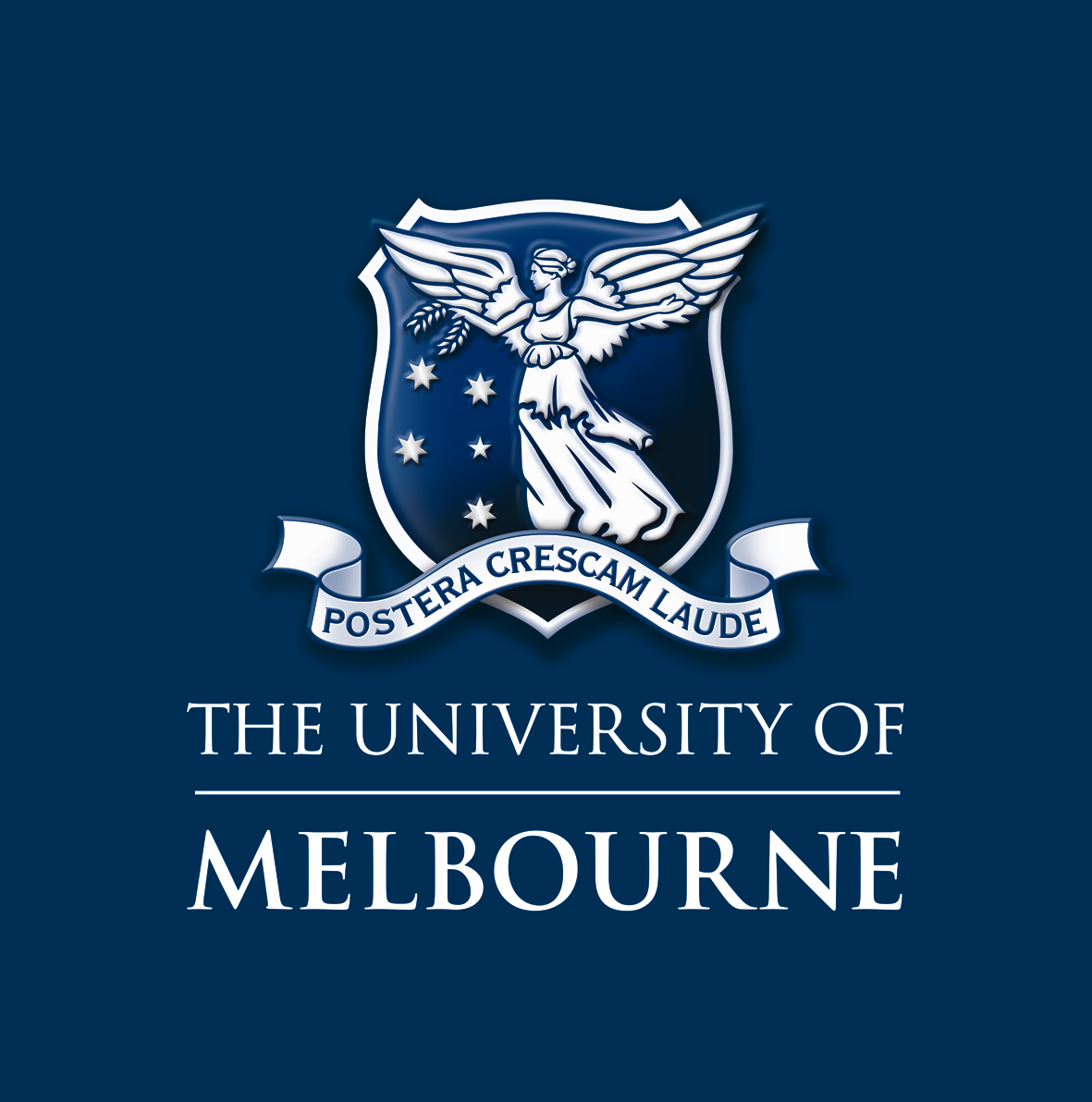Project: Discovery of novel MAIT cell antigens derived from diverse microbes
Eckle Group
Using a combined cellular, genetic and biochemical approach, we previously identified the antigens that stimulate MAIT cells (5-OP-RU and 5-OE-RU). They are small molecule metabolites, derived from riboflavin biosynthesis which is present in many bacteria and fungi but absent in mammals. Whether there are other MAIT cell antigens, independent of riboflavin biosynthesis, is currently unknown and of great interest to the field. We have evidence for the existence of other MR1 ligands in the context of diverse microbial infections relevant to humans and this project seeks to discover these.
Contact project supervisor for further
information and application enquiries
Eckle Group
The Eckle group is part of the MAIT cell programme headed by Prof. Jim McCluskey, which also includes the group of A/Prof. Alexandra Corbett and Dr Zhenjun Chen.
Mucosal-associated invariant T cells (MAIT cells) are a recently described set of unconventional T cells restricted by the MHC-I related protein 1 (MR1). MAIT cells are found in most mammals, including humans and mice, and are the most conserved set of T cells across different species. The protective and/or pathological role of MAIT cells in infections and other conditions, such as cancer, is still emerging. In light of their high frequency in humans, their functional potency and MR1 being monomorphic, MAIT cells are considered to be promising therapeutic and vaccination targets.
We are international leaders in MAIT cell research, having made significant breakthrough discoveries in MAIT cell immunity. These include identifying the antigens recognised by MAIT cells (Kjer-Nielsen et al. Nature 2012, Corbett, Eckle, Birkinshaw, Liu et al. Nature 2014, 2 patents) and the associated development of tetramers to characterise MAIT cells (Patented and licensed x 2) (Corbett, Eckle, Birkinshaw, Liu et al. Nature 2014, Reantragoon, Corbett et al. JEM 2013) as well as the establishment of several mouse models of disease in order to understand the role MAIT cells play in protective and aberrant immunity (Chen et al. Mucosal Immunol 2017, Wang et al. Nature Comms 2018, Wang et al. Science Immunol 2020, Zhao et al. Nature Comms 2021, Wang et al ICB 2022).
We have weekly group meetings and MAIT cell programme data meetings, and all groups of the MAIT cell programme collaborate closely on several projects. We also share lab and management resources as well as lab and office space.
The Eckle group is interested in understanding the role of MAIT cells in diverse infectious diseases . We are also interested in understanding the mechanisms that drive MAIT cell function with a particular focus on the discovery of antigens and their recognition by MAIT cell receptors. Our long-term vision is to harness MAIT cells for immunotherapies and vaccines. In collaboration with Dr Catarina Almeida we are aslo interested in understanding the molecular mechanisms of T cell mediated hypersensitivities involving both conventional and unconventional T cells (MAIT cells and CD1 retricetd T cells).
We accept applications from highly motivated candidates with a keen interest in our research.





